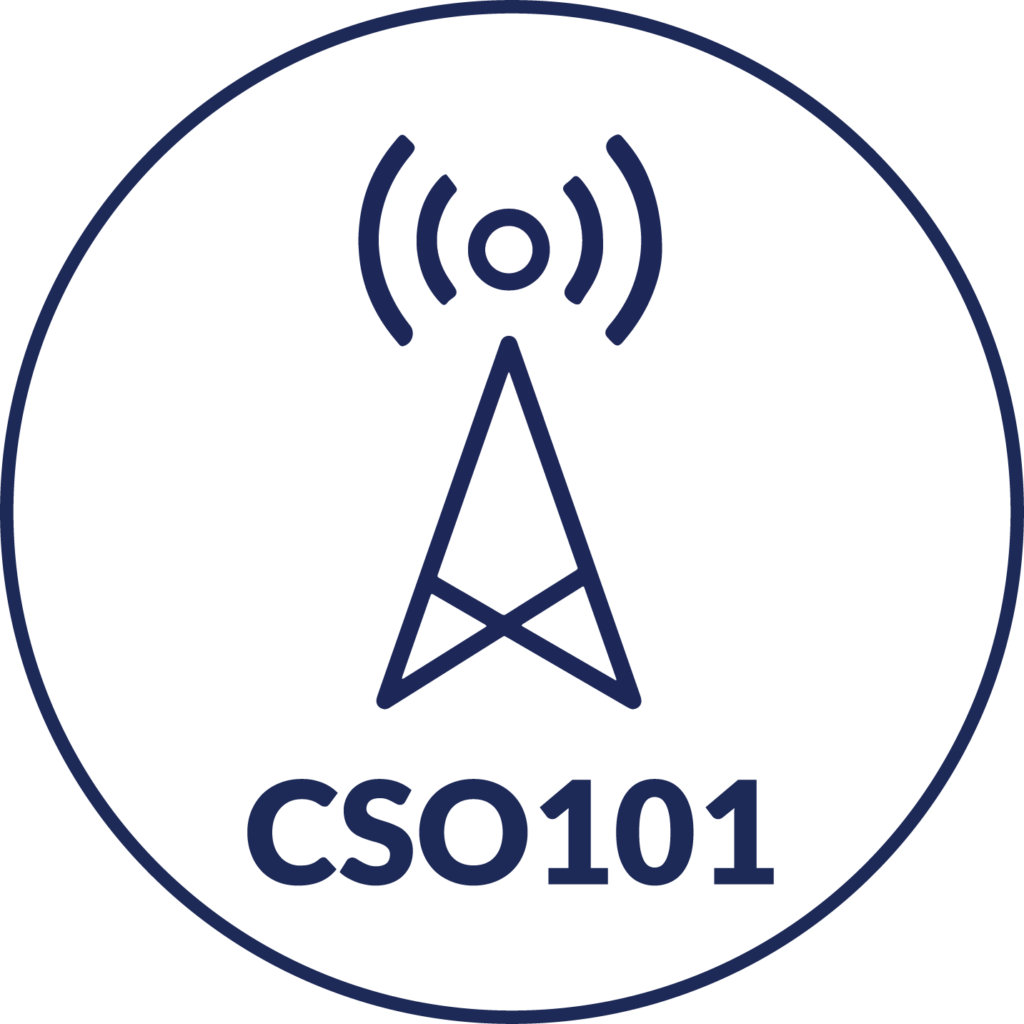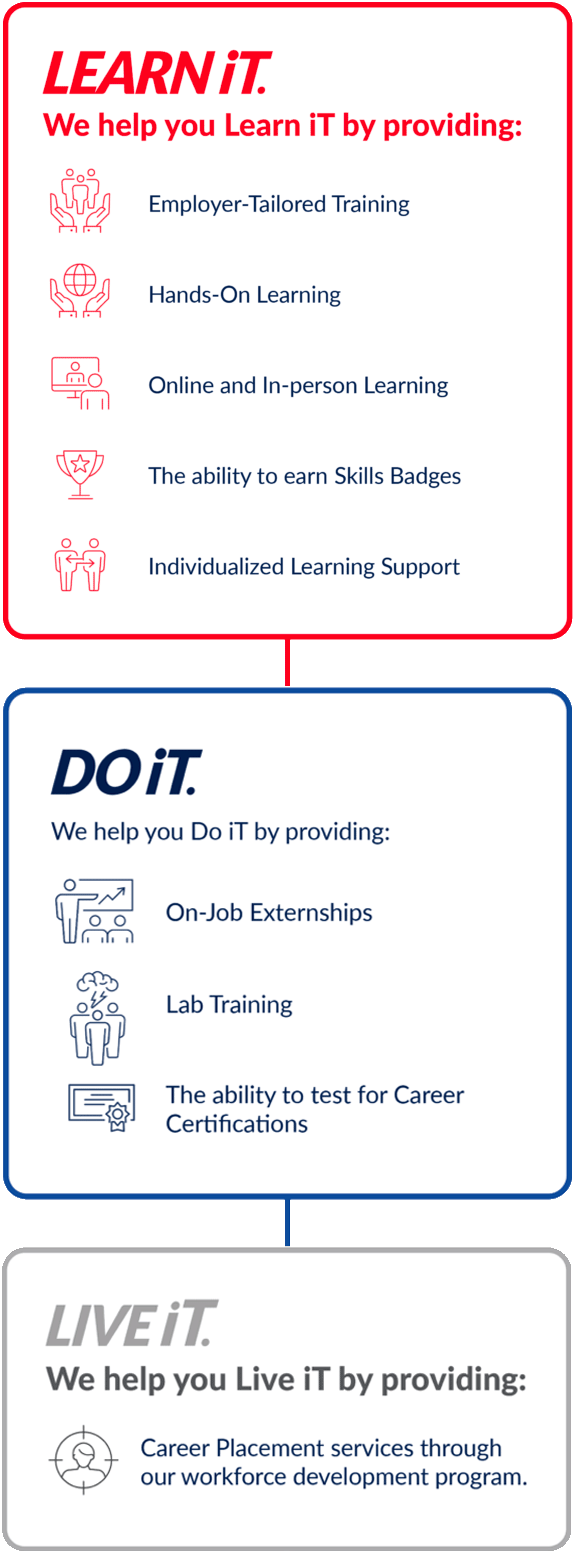WE'RE DIFFERENT.
SO ARE YOU.
OURDIFFERENCE
* SCI does not guarantee employment or a starting salary upon graduation, completion, or withdrawal from SCI.
CAREER TRAINING.FOR YOUR FUTURE.
The graphic compares our institution’s features and benefits to competitors who offered the program between 01/01/2024 and 06/31/2024 in Texas. It is essential to conduct independent research when choosing an institution for training. Information in the graphic is general and may vary. We do not guarantee accuracy and disclaim liability.
CAREER TRAINING.YOU CAN TRUST
ACCREDITED
Southern Careers Institute is Accredited by the Commission of the Council on Occupational Education.
APPROVED
Southern Careers Institute is Approved for training by The Texas Workforce Commission.
WHAT TO KNOW ABOUT ACYBER SECURITY CAREER
Why work in Cyber Security?
What is Cyber Security?
Where can Cyber Security personnel work?
People who work in cyber security can have different jobs in places like the government, companies, banks, hospitals, and schools. They can also work on their own and help different clients as consultants or freelancers, working on specific projects.
What skills do you need to work in Cyber Security?
Do you need certifications to become a Cyber Security personnel?
Do you need training to become a Cyber Security personnel?
Even though you can learn some skills on your own, going to school or getting certified can give you the knowledge and skills that can help you do well in Cyber Security and stand out in the market. Going through a Cyber Security program or getting certified can also help you get real-world experience and meet important people in the field.
Southern Careers Institute (SCI) does not guarantee employment or a starting salary upon graduation, completion, or withdrawal from SCI. It is not required to attend SCI to attain a job or earn a certain salary in a field of employment. Past students’ outcomes, starting salaries, or job prospects are not indicative of those for future and current students.
HAVE MORE QUESTIONS?ASK US
HERE'S EXACTLY WHAT YOU GET AS ACYBER SECURITY TRAINEE
CERTIFICATIONS

QuickBooks Certified User – Online

Entrepreneurship and Small Business

Microsoft Excel

Microsoft Outlook

Microsoft Office Specialist: Word
SKILLS

CSO100 Security Foundations

CSO101 Networking Foundations

CSO102 System Administration

CSO103 Network Defense

CSO104 Cryptography and Access Management

CSO105 Logging and Monitoring

CSO106 Programming Foundations

CSO107 Web Application and Project Management

CSO108 Threats and Vulnerabilities

CSO110 Group Project

CIS103 Application Presentation and Sharing
Course Descriptions
Hours: Theory 30 / Laboratory 30 / Total 60 / Quarter Credits 4.5 / Outside Hours 15 / Prerequisites: None
The Security Foundations course will help students gain a fundamental understanding of security concepts that will be used throughout the Cyber Security track. Topics covered include basic security concepts, threat actors and attributes, organizational security, policy, procedures and frameworks, security controls business impact analysis, risk management, incident response and disaster recovery.
Hours: Theory 30 / Laboratory 30 / Total 60 / Quarter Credits 4.5 / Outside Hours 15 / Prerequisites: None
The course will provide instruction in technical skills required in network administration and support. This course will include information on media, topologies, protocols and standards, network support, and the knowledge and skills to sit for network certification.
Hours: Theory 30 / Laboratory 30 / Total 60 / Quarter Credits 4.5 / Outside Hours 15 / Prerequisites: None
The course will cover System Administration basics and will also provide a security orientated perspective. This course will include general system administration information on installing and configuring network component, OS familiarity and some scripting. Additional topics include threats, vulnerabilities, secure protocols, and secure system design.
Hours: Theory 30 / Laboratory 30 / Total 60 / Quarter Credits 4.5 / Outside Hours 15 / Prerequisites: CSO100, CSO101
The Network Defense course will give students an overview of the various hardware and software tools available to defend a network against attack. Students will use various tools to assess the security posture of an organization and understand the possible impact of various vulnerabilities. Additionally, this course will cover the concepts of penetration testing and vulnerabilities testing.
Hours: Theory 30 / Laboratory 30 / Total 60 / Quarter Credits 4.5 / Outside Hours 15 / Prerequisites: None
The course will cover the different methodologies and concepts of Cryptography and Access management. Students will be exposed to different cryptography algorithms used to ensure safe transmission, storage, and use of sensitive data. Students will also learn how to implement various access management controls and account management practices.
Hours: Theory 30 / Laboratory 30 / Total 60 / Quarter Credits 4.5 / Outside Hours 15 / Prerequisites: CSO102
The course will give students the knowledge and skills needed to properly analyze and interpret various security related logs produced by different security related technologies. This will focus on standard logs and Intrusion Detection and Prevention Systems. Students will also gain a basic understanding of forensics analyze and presented with such related topics as chain of authority.
Hours: Theory 30 / Laboratory 30 / Total 60 / Quarter Credits 4.5 / Outside Hours 15 / Prerequisites: None
This course will give students programming foundations in languages utilized in the industry. This course also provides a secure foundation upon which students can build on as they progress through the program.
This learning unit is structured to allow students to practice and enhance their skills. Activities may include performing customer procedures in the salon clinic, attending field trips, participating in guest speaker lectures, practicing, remediating, and passing skills assessments, practicing skills and procedures in the lab.
Hours: Theory 9 / Laboratory 66 / Total 75 / Quarter Credits 0 / Outside Hours 0 / Prerequisites: Junior Stylist
Hours: Theory 30 / Laboratory 30 / Total 60 / Quarter Credits 4.5 / Outside Hours 15 / Prerequisites: CSO100, CSO101
The Threats and Vulnerabilities course will provide students with an in depth look at the various threats and vulnerabilities faced by every organization and technology user. These will cover those related to hardware, software, and people, including a detailed review of Social Engineering as used by various threat actors. Students will be able to identify, compare several types of attacks and related impacts.
Hours: Theory 50 / Laboratory 110 / Total 160 / Quarter Credits 10.5 / Outside Hours 15 / Prerequisites: Final Mod
The Group Project course combines each part of the program into a group project for the student. Each student will work together as a team member for the group project, which includes daily scrum meetings to cover tasks and progress while working separately to complete them. The final group project is due at the end of the course.
HEAR FROM STUDENTSJUST LIKE YOU



Past students’ outcomes, starting salaries, or job prospects are not indictive of the possible job outcomes for future and current students. SCI does not guarantee employment or a starting salary upon graduation, completion, or withdrawal from SCI.
KICKSTART YOUR CAREER.
We pay for your certification within 3 months of graduating.
1. Pick your certification
2. Take the certification exam within 3 months of graduation
3. We will pay for it!
FINANCIAL AID. THE SIMPLE WAY.
We're here to make sure you can afford the career training you need. Our combination of grants, scholarships, loans, work-study, military, and Veteran education benefits are here to ensure a stress-free experience that works around your finances.
As an accredited post-secondary institution, SCI has various federal financial assistance programs available for qualified students enrolled in SCI programs. This does not apply to seminar students. Financial aid is available for those who qualify.
FREQUENTLY ASKEDQUESTIONS
What makes Southern Careers Institute different?
We give students an alternative to expensive, four-year degrees. Employers are looking for specific skills from candidates they can hire with confidence. Our coursework goes deeper than pen and paper, providing hands-on learning opportunities that set us apart from the competition. Our goal is to provide you with an education that will empower your future.
What if I’ve been out of school for a while?
That’s okay! At Southern Careers Institute, we have had a plethora of students successfully complete their programs after being away from school for long periods of time. We’re ready to meet you where you’re at, providing a community-based learning environment where you’ll feel right at home as you readjust to life as a student!
What can I expect to gain from Southern Careers Institute?
Southern Careers Institute provides you with the training you need to sit for certifications in your chosen field. Whether it’s our Medical Assistant training program, Medical Billing and Coding Specialist program, Pharmacy Technician program, Business Accounting Specialist program, HVAC program, or any other educational programs available, you will receive training to tackle industry-specific certifications.
I don’t know if I can afford training. Is there financial aid available?
As an accredited school, we participate in many financial aid programs and available grants to make your education more affordable. Contact us today and our financial aid officers will explain the process and answer all of your questions.
How can I obtain more information?
Click here or call 1.833.SCI.TEXAS today to speak with one of our admissions representatives, who will be happy to schedule an appointment to answer all of your questions.
Is Southern Careers Institute accredited school?
Southern Careers Institute is accredited by the Commission of the Council on Occupational Education.
Council on Occupational Education
7840 Roswell Road, Building 300,
Suite 325 Atlanta, GA 30350
(770) 396-3898 or (800) 917-2081
Does Southern Careers Institute accept credits from other schools?
If you are a student transferring from another school, you must provide a transcript and detailed course descriptions for review prior to starting school. Please be advised that the acceptance of credits from another school/state board is at the sole discretion of Southern Careers Institute.
Does Southern Careers Institute offer classes in any other language than English?
Our students must be able to read, write, speak, and understand English. At this time, programs are not offered in any language other than English.



